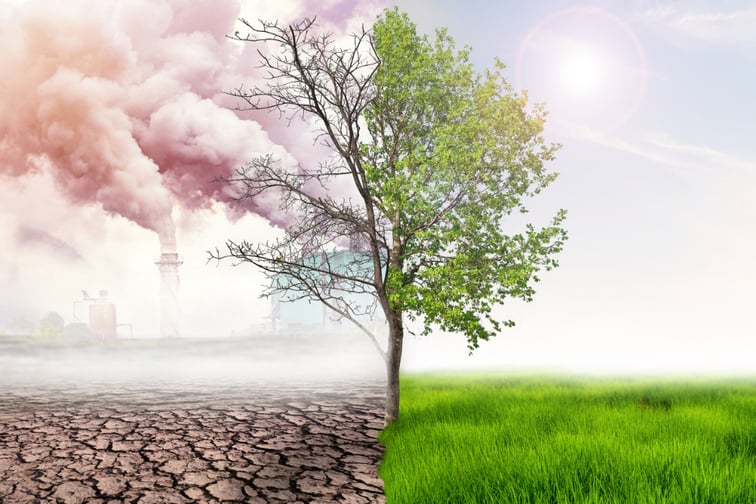

As the costs of climate change-related disasters increase over time, Canada must “proactively prepare” for such exposures instead of responding to them as they unfold, a new report from the expert panel of the Council of Canadian Academies (CCA) stated.
Public Safety Canada asked CCA to examine “key opportunities” to improve Canada’s disaster resilience; the council’s findings were published in this new report.
CCA’s report notes that Canada has become increasing susceptible to a wide range of severe weather events – tornadoes, floods, droughts, avalanches, landslides, winter storms, ice storms, and wildfires, among others. Climate change has made these events more common and severe, the report continued, and they have also become increasingly likely to strike at the same time and place.
“The tragic and damaging impacts of cascading hazards are becoming increasingly apparent, as we saw in BC, where record-breaking rainfall triggered landslides in areas where vegetation had been destroyed by wildfires just months earlier,” said CCA chair of the expert panel Scott Vaughan. “But outcomes like this are not inevitable; they are the result of choices that put people in harm’s way. There are practical measures that can be implemented to help mitigate the most damaging effects of extreme weather events.”
The report also outlined that the combination of disaster risk reduction and climate adaptation practices is crucial to reducing exposure and vulnerability to disasters while bolstering public safety. CCA mentioned that the cost of preventing and preparing for disaster is “several times less than responding to and recovering” from disasters. However, CCA has also noted that most governments continue to underinvest in risk reduction, only to later pay the price when it comes to response and recovery.
CCA’s expert panel has called for improved access to better data for decision and policymakers, allowing them to better understand and reduce the risks of weather events. The panel has also called for funding, investment, insurance programs, and policies that can be adapted towards improving climate change resilience. CCA has also noted that policymakers must also recognize the value of Indigenous and local knowledge, and should engage with Indigenous knowledge holders to reduce weather risks.
“Building disaster resilience hinges on a coordinated strategic approach involving government, businesses, and the public,” commented CCA president and CEO Eric M. Meslin, PhD, FRSC, FCAHS. “This report describes the tools and resources critical to supporting integrated responses, which can be more impactful, stretching limited resources further.”
